|
This article was originally published at www.handzies.com January is the peak of cold and flu season. A season that oftentimes feels like it will never end. The holidays are over and the isolation to avoid germs is in full effect. And some well-meaning family members (or sometimes not so well-meaning family members) may feel that your germ avoiding behavior is too extreme. I have always been a “germ-aware” person, but since having two preemies I have officially crossed over to “germ-phobic.” It’s hard not to be afraid of something that you cannot see, smell, or hear, and yet it can have devastating effects on the health and life of your baby. Cold and flu season can be a really challenging time for families with preemies and medically fragile kiddos. I am not a doctor, but here a few tips and tricks that help this preemie mom get through this tough season.
No Shoes in the House “Would you mind taking off your shoes?” If I have said it once, I have said it a million times. I have a strict no shoes in the house policy. Not only does it keep dirt out and makes it a little easier to keep those floors clean, but it also helps with the spread of germs. Wipe Off All the Things I love that so many stores now have sanitizing wipes available to disinfect carts. But don’t stop there. I wipe off everything! Tabletops, light switches, door handles, even library books (imagine how many little hands have touched those). I am also the person on the airplane that wipes down the seats and tray tables. Avoid Public Restrooms Public restrooms are germy and it’s hard to keep little hands from exploring it all. So I just try to avoid them if at all possible. And if you must use one, wash everyone’s hands after. Avoid High Traffic Times/ Events Weekends are a great time to head out of the house for some family fun, but everyone else is out and about too. More people means more germs! If at all possible, I try to plan activities during off-peak hours. Wash Everyone’s Hands This may seem like a no-brainer, but frequently washing hands is the best defense against getting sick. Cleaning hands before snacks and meals is easy to accomplish at home but things become a little more difficult when you are away from a sink. I typically use an alcohol-based sanitizer, but I am always hesitant to apply chemicals to little hands. Recently I found a great alternative that is made from clean, natural ingredients. Handzies are individually packaged wipes that are as close to soap and water as you can get when you are out and about. As a preemie mom, I know all too well that you can do everything right, and things can still go wrong. Keeping everyone healthy during cold and flu season can lead you to feel isolated and overwhelmed. Make sure you reach out for support during this tough time. There are many online communities made up of other preemie parents who will totally understand. And on the bright side, connecting online is always germ-free! It's that time of year again... time for buying and receiving of all the things. Do you have a child who loves to dream about their future? If so, then I have a great gift guide for you. I have hand picked 5 items that are perfect for open-ended career-related play. Pretend Play Clothes- Pretend play is a hallmarks of career exploration. Let your child try out a potential career with some dress-up clothes.
Game of Life Junior- This is a junior version of the classic game for younger kids. A fun way for the whole family to discuss career development. Magnet Dress Up Play Set- This magnetic play set features endless combinations of career-related clothes to mix and match. It also comes with a carrying case. Gifts of Experience- Giving a child the gift of an experience is always a good idea. Passes to a museum, tickets to a show, or classes/lessons are an excellent way to support a child's budding interests. The Career Explorer- Of course, I have to include a book! I think books are the perfect gift and this one explains the career development process in an age-appropriate and engaging way. You can see my Toddler Twin Gift Guide here. Over the last year or so, my kids and I have started a routine of reading a few chapters from a chapter book each night before bed. We read many picture books during the day, but a chapter book without illustrations, has been a wonderful way for them to relax and for me to connect after a long day. An added bonus for me, is getting to re-read many of these classic books from my childhood. So if you would like to add a little additional reading to your bedtime routine, I suggest starting with these... Mouse and the Motorcycle Heidi Anne of Green Gables Little House 4 Book Set James and the Giant Peach Willy Wonka and the Chocolate Factory The Lion, the Witch and the Wardrobe The Hundred Dresses The One and Only Ivan Stuart Little Winnie's War Dr. Dolittle My Father's Dragon A Bear Called Paddington Mrs. Piggle-Wiggle Some of the links are affiliate links. At no additional cost to you, I may earn a small commission if you use the link to purchase the item. Regardless of how you ultimately choose to feed your baby, if your baby is born early you will probably be encouraged to start pumping breast milk right away. Preemies need more calories and nutrients to help them grow quickly. In addition to providing nourishment, breast milk can also help reduce the risk of NEC, build immunity, and prevent infection. Few preemies are able to feed from the breast or a bottle right away. Therefore, expressing your breast milk and providing it to the NICU in both it’s fresh and frozen form is an important part of your child’s medical care. But, it is not easy. Pumping is a labor of love and requires a great deal of commitment and time. I am not a medical expert, but I did pump exclusively for my preemie twins for 15 months. Here are a few of my tips and favorite products to help make things easier.
Start pumping as soon as possible after your baby’s birth When I arrived in my hospital room post c-section, there was a breast pump and a lactation consultant waiting for me. I started pumping right away. It took several days for my milk to come in, but pumping early and often was vital for establishing supply. Every single drop was taken to my babies in the NICU. Establish and maintain a pumping schedule In the beginning, you will need to pump at least every 2-3 hours around the clock. It is hard to set an alarm and wake up in the middle of the night to pump, but a schedule that mimics the newborn feeding pattern will help to maintain and grow your supply with your preemie. As your baby grows and needs to eat less frequently, your pumping frequency will change as well. Find support A lactation consultant and your baby’s medical care team are great resources. They can provide you with any specific guidelines you need to follow when expressing and storing your breast milk. Also, make sure to discuss with them how you intend to feed your baby post hospital, so they can prepare and support you in that decision. Lactation consultants are not only available during a hospital stay, you can contact them at any time. They can also help you to identify the signs and symptoms of plugged milk ducts and mastitis, both of which are quite painful and can hurt your supply. Accept the difficulty I have said it before, but it bears repeating. Pumping is hard! It can certainly feel like all you have time to do in a day is eat and pump. And there may be times during this journey when that is true! But if pumping for your baby is what you want or need to do, it can be rewarding and successful. Pumping Products Hands-free Pumping Bra- If you are going to be spending any amount of time pumping breast milk for your preemie, a hands-free pumping bra is a must. Every Momma can benefit from multitasking while pumping. Hospital Grade Pump- A powerful breast pump and a lactation consultant will set you on the road to success. And remember, you don’t need to buy a hospital grade pump. You can rent a pump for a monthly fee, which may be covered by health insurance. Car Adapter- At some point, you will want to leave the house. Being able to pump on the go can provide you with some much-deserved freedom. Insulated Bag- An insulated cooler bag is necessary for transporting pumped and frozen milk to and from the hospital. Breastmilk Storage Bags- Most hospitals will provide specific storage containers for breast milk while your baby is admitted. But once home, you will need something to keep milk in until you are ready to use it. Some women prefer a storage bag because they take up less space and are less expensive than storing in a bottle. Remember to label for future reference. Convenient Pump Cleaning- Keeping your pump parts clean is important especially when you are pumping for a preemie. If you are making trips back and forth to the NICU, you might not always have access to soap and water. Cleaning wipes formulated especially to clean pump parts are great in a pinch. Sterilization bags that go right in the microwave and are quick and easy to use. *this is not an endorsement of any product, just what worked for me Summer is finally here, which means long days playing outside. While I love enjoying nature with my family, the sun is always a concern. As someone who lived in Florida for several years, I know about the damage the sun can do. So I take sun protection very seriously. If you are looking for a little respite from the sun, here are my favorite products. 1. Sunday Afternoon Play Hat- My favorite hats for kids, and I have tried many. They stay on, don't make the kids too sweaty, and have a safety release on the strap. They are also adjustable, so they can be worn for many years.
2. Long Sleeve Rash Guard- This is a must for us. Because sunscreen has it's limitations, my kids and I always wear protective clothing. There are many places to find long sleeve rash guards, but for kids, I like a budget option because you only wear them for one season. 3. Pop Up Tent- This is a new addition to my summer must-haves. If you have babies or young children, shade really is essential. There are options that are lighter/ easier to transport, but I like that this is large enough for my whole family and doesn't blow away on the beach. 4. EWG's Sunscreen Guide- The Environmental Working Group publishes a list of the safest and most effective sunscreens each year. It's a great resource. 5. Huaaniue Swim Hat- These hats are perfect for the pool or beach. They are made of quick-drying material and provide extra sun protection with a nice long neck flap. Some of the links are affiliate links. At no additional cost to you, I may earn a small commission if you use the link to purchase the item. Before I was a mother to preemie twins, and a children’s book author, I was a career counselor. During my 8+ years in the profession, I worked with hundreds of young adults struggling to select majors, choose careers, and plan their futures. Many of these students were experiencing significant distress over these decisions. Of course, this was understandable, because there is a perception that you must choose the perfect career. But career research tells us that this perception is false, and most people have several completely different careers throughout their professional life. One thing that always struck me was that after a few meetings, students began to relax. Once they were introduced to the career development process, the stress decreased and they were able to create a plan to find a career that was a good fit for them at this point in their life. If only they had been introduced to the career development process earlier. Perhaps they could have avoided a great deal of stress and unrealistic expectations.
The career development process is the same whether you are 5 or 50 years old. And it is never too early to discuss with children why and how people do the work that they do. In fact, around 3-4 years of age, is the ideal time to introduce the basic tenets of career exploration. This is the age where pretend play is developing, and many parents begin to notice an interest in careers and the future. Here are a few things that parents can do to foster a healthy sense of career development in young children. Learn About the Career Development Process The career development process begins with self-awareness. One must know their own values, interests, personality, and skills. Without this information, a career decision is incomplete. Often times people are making career decisions based on one or two of these factors (typically interests and skills). Parents can assist their children by helping them build self-awareness in all 4 areas. Encourage Exploration When children are young, exploration is key. Career decision is many years away, so the focus at this age is exposure to as much as possible. One simple way to do this, is by reading books about different careers. Encourage children to explore what they like, what they are good at, and even what they aren’t so good at. Interest and skills can take years to develop, so why not start now. Early exploration builds skills, career awareness, and a variety of interests. All of which will be beneficial down the road. Share Your Own Career Experiences A very easy way parents can help their children in the career development process is to share their own experiences. Make sure you are sharing what your work day was like, and what you enjoy about your job. Stay Positive Children go through many phases before a career idea ultimately sticks. Regardless of what your child is currently “in” to, it’s best to always talk about it in a positive way. I can’t tell you the number of college students that I have counseled that have found their passion, but it’s not accepted by their families. I advise parents to always come from a place of support. There are plenty of people and factors that will tell your child that they can’t do something. What they need from you is unconditional support. Career development is a life-long process. Its never too early to start helping young children understand the steps. If you want more information, I have many more resources to assist parents, including an Introduction to Career Development eCourse. Check out www.metwobooks.com for more. This post was originally published by HandtoHold.org in Aug. 2018. I am all for breastfeeding. I am amazed by the life-saving power of breast milk, that I have witnessed first hand. I know that breast milk is both nutrition and medicine especially for the tiniest of babies. I understand why it is referred to as liquid gold. And yet somehow this description falls short when you are agonizing over every single ounce. So you would probably assume that I breastfed my twins…well not exactly. I fell into a gray area when it came to breastfeeding, I was an exclusive pumper. Perhaps it was my own insecurity, but I never felt like I should say I breastfed without a long clarifying statement. My twins were born at 28 weeks. Much too small and fragile to eat by mouth, let alone to latch and suck. So like many preemie mommas, I started pumping. I wasn’t sure that I would be able to produce any milk after such a traumatic and early birth, but I had to try. The NICU staff that were caring for my twins stressed the importance of every drop. They said my preemies needed more calories and nutrients to help them grow quickly. Breast milk was one of the best ways to help reduce the risk of NEC, build immunity, and prevent infection. After a day or two, it finally started to work. It went from, “I think there might be something in the bottle,” to a full ounce, then two. Those sweet nurses cheered over any amount of milk I was able to express, which was promptly walked down the hall to the NICU. Soon the day came when I was ready to leave the hospital, but my babies were not. It is a heart-wrenching experience to leave the hospital no longer pregnant, but without a baby. I had to rely on the nurses to tell me how my babies were doing, to show me how to care for them, and to give me permission to hold them. But the one thing that only I could provide was breast milk. I felt like I couldn’t do much for my babies while they were in the NICU, but I could pump. So that’s what I did. Each morning I drove to the NICU with a cooler packed full of milk. It certainly wasn’t easy. I was setting alarms and waking up multiple times a night to pump for 30 minutes and fill those tiny hospital-supplied bottles with milk. I bought another freezer to store all the bottles until they were needed at the hospital. I thought I would continue to pump until they were released from the hospital. And two months later when they were, I didn’t quit. When one of my twins was diagnosed with an intolerance to dairy, I was advised to cut all the common food allergens from my diet if I was going to continue to feed them breast milk. I drastically changed my diet and eliminated dairy, tree nuts, soy, and shellfish. For 15 months, pumping for my twins was a huge part of my life. I pumped inside, I pumped outside. I pumped in the car, while washing bottles, and while feeding babies. I pumped with clogged milk ducts. I even was able to pump while sleeping. Pumping was important to me; it made me feel like a mother. When I had very little to give my preemies in the NICU, pumping for them gave me a sense of purpose. When I had very little control over their care and their health, I felt empowered by my ability to provide something they needed. When I felt like my body had failed in growing my babies to term, I felt it redeemed itself by producing a perfect food for them. So even though it was hard and time-consuming, I never gave up. Did I breastfeed my twins? Well not in its purest form. What ended up being true for us was not the picture of a mother with her child at her breast. It was a compromise. The process was vastly different, but the end results essentially the same. So this month as we celebrate breastfeeding and raise awareness of its benefits, remember the exclusive pumpers. We want to be seen. We want to join in on the stories and perspectives of nourishing our children. And we want to share our stories, just as soon as we find an outlet to plug in our breast pumps! How a Mama chooses to feed her baby is often a polarizing topic. But this is a judgment-free zone. And because August is Breastfeeding Awareness Month, I would like to share my experience with exclusive pumping. I hope it makes you giggle and you can appreciate another perspective on breastfeeding.
|
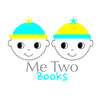
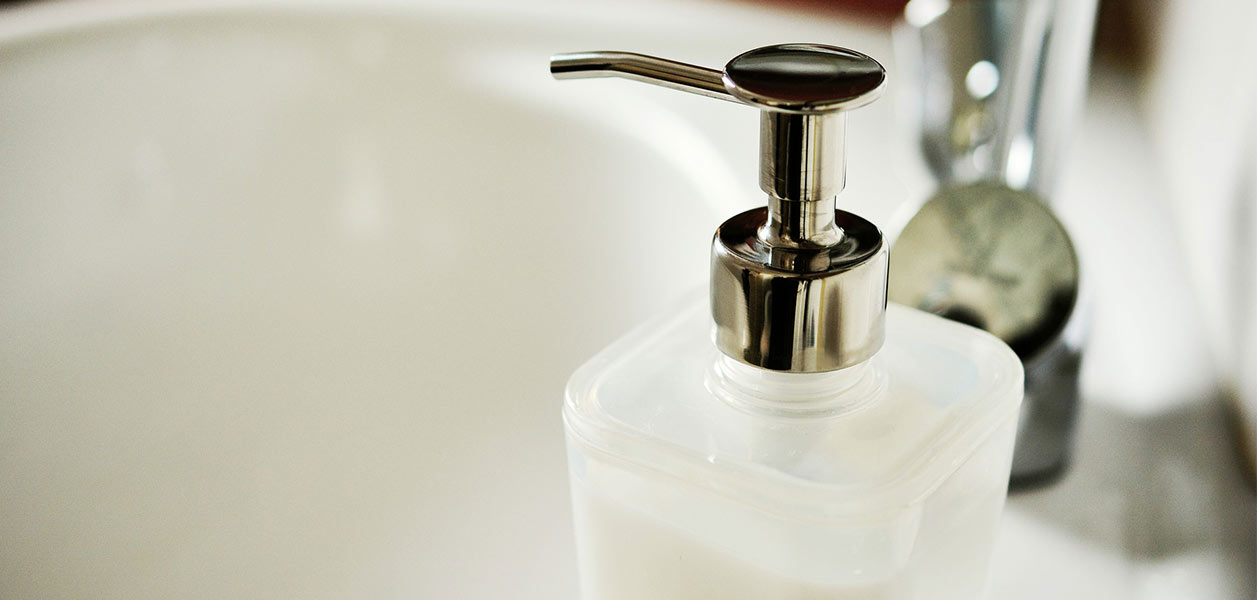
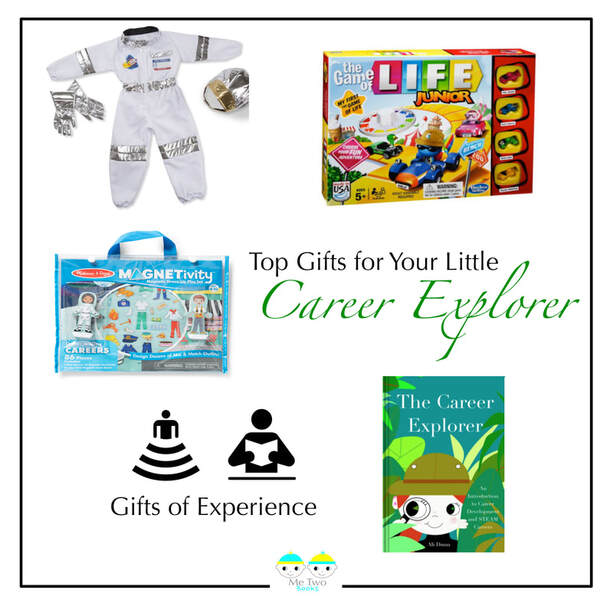
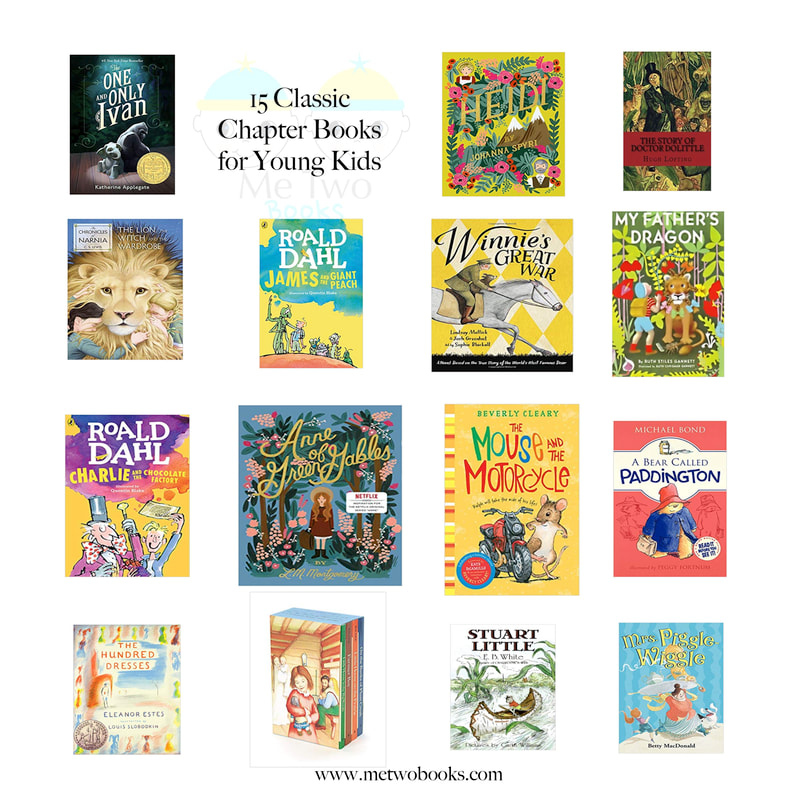
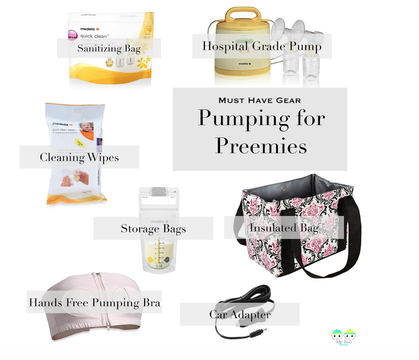
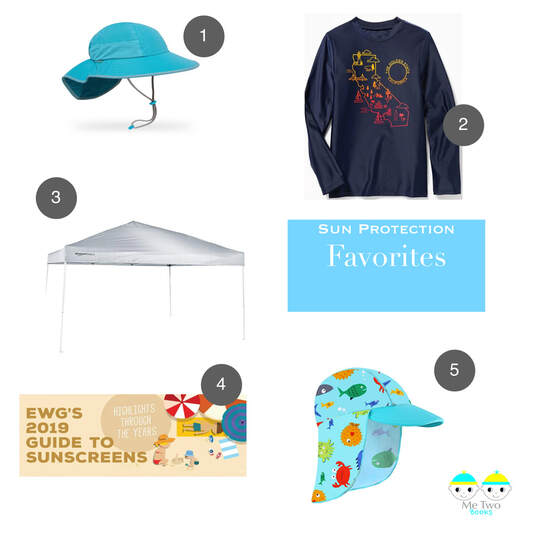
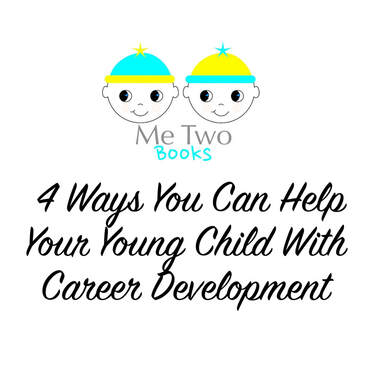
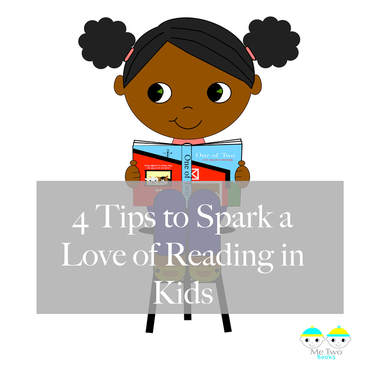
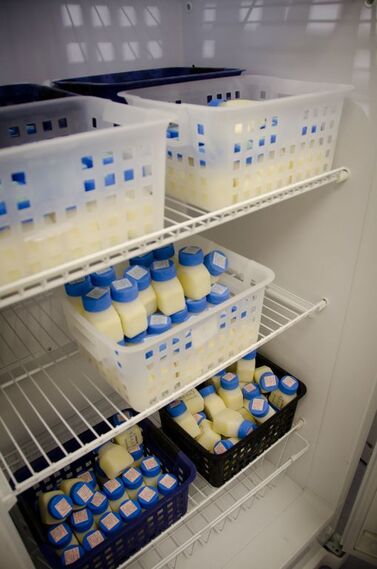
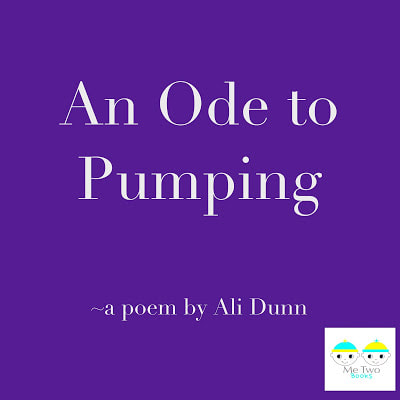
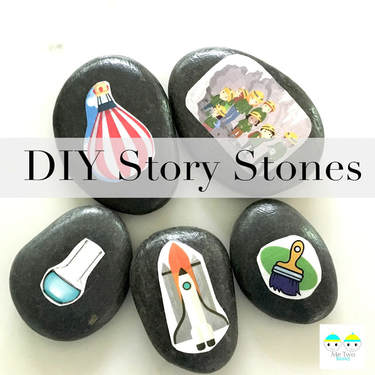
 RSS Feed
RSS Feed